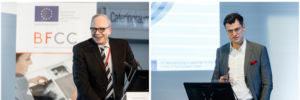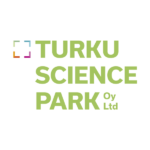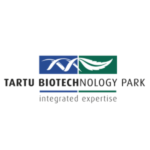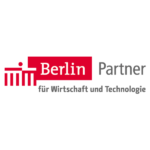Bone healing – Hamburg and Schleswig-Holstein setting an agenda for innovation

On the picture left to right: Prof. Dr. med. Arndt-Peter Schulz, University Hospital Schleswig-Holstein, Campus Lübeck and Dr. Nils Reimers, Global R & D manager, Stryker Trauma. Brought with permission by Life Science Nord.
Hamburg and Schleswig-Holstein are prime examples of how a region can focus and drive forward a specific area where it has strong academic and industrial competencies – a focus which is supported by the regional policy making.
This became very evident at the recently held Bone Innovation Summit in Lübeck taking place 13th to 14th of February.
The Bone Innovation Summit was jointly organized by three projects dealing with bone healing and fractures:
- The EU Interreg Baltic Sea Region project Baltic Fracture Competence Centre (BFCC),
- The EU Interreg Deutschland-Danmark project BONEBANK
- Northopedics an innovation-oriented network in Schleswig-Holstein.
BFCC has applied for a project extension whereas BONEBANK’s application for an extension stage has already been approved by the Interreg Secretariat and the project is going on until August 2020.
In addition, a new project “Access and Acceleration” funded by Interreg Deutschland-Danmark will create regional synergies and develop a joint service portfolio – and again targeting fractures and bone healing.
The importance of persons as drivers
It is quite unique to see how Hamburg and Schleswig-Holstein are setting an agenda in bone healing; often in collaboration with neighboring regions – and always in close collaboration with industry.
This collaboration between the hospital clinics and industry benefits the patients with better solutions while creating jobs and welfare.
And as it often happens much depends on individual persons showing relentless energy and determination in initiating and moving forward the process.
In particular, two persons should be mentioned here: Prof. Dr. med. Arndt-Peter Schulz at the University Hospital Schleswig-Holstein, Campus Lübeck and Dr. Nils Reimers, Dipl. Ing., MBE, who works as a Global R & D manager at Stryker Trauma.
Of course, many others are and have been involved but the importance of the connection and collaboration between Prof. Schulz and Dr. Reimers should not be underestimated. Both are key persons in the bridging of academia and industry towards the common scope of promoting bone healing and fracture treatment.
Life Science Nord as the catalyzer
Both Prof. Schulz and Dr. Reimers are at the board of Life Science Nord (LSN), the regional cluster organization for Hamburg and Schleswig-Holstein.
LSN provides top level professional support and organizational back up to the work done.
In fact LSN has established itself as one of the leading life science networks in Europe. Over 500 biotech/pharma and medical technology companies are located in the region together with numerous research institutes.
About 49,900 highly qualified professionals develop innovative medicines, medical products and services in Hamburg and Schleswig-Holstein.
The economic foot prints of Life Science Nord
Hamburg and Schleswig-Holstein have above-average contributions to growth, employment and exports generated in the health industry compared to other areas of Germany.
The gross value added by the LSN cluster in 2016 was an amazing 4,3 billion EUR.
And here is another truth about the cluster – it has taken a lead in actually measuring the positive impact LSN has on society[1]. Not too many clusters are doing so.
All taken together Hamburg and Schleswig-Holstein is the place to look if you would like to know how to build and promote a regional competence area.














